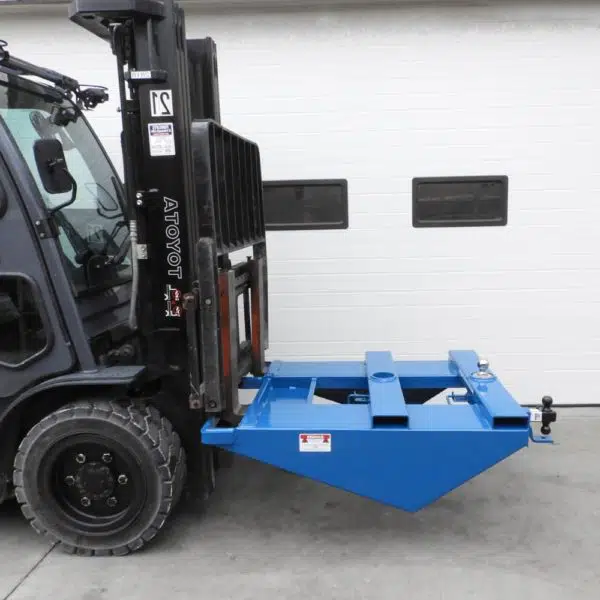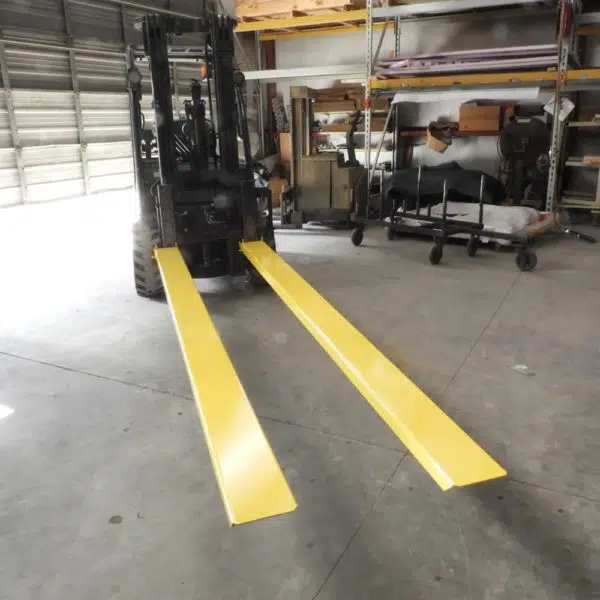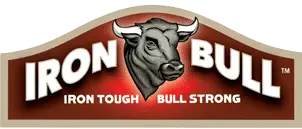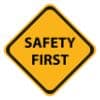Farm Equipment Safety Guide: Advice For New Farm Employees
Farming is no easy task.
It’s a 24-7 job that takes hard work, long hours, and lots of technical know-how.
With all the things to get done, safety sometimes fades into the background. But long hours plus heavy machinery can put farmers at high risk for injury. Because of that, agriculture ranks as one of the world’s most hazardous jobs.
Getting things done is important, but at Iron Bull, we also want you to stay safe on the job! That’s why we put together this guide on safely operating 6 of the most common machinery new farm employees must use.
Ready to get started?
Let’s dive in!
Farm Safety Tips For New Employees
If you are a new farm employee, there’s a lot to learn, and safety measures should always be of prime importance.
In the words of one farmer: “Remember that you are the softest thing on the farm, and the effort it takes to cut off a finger is about the same as it takes to cut a carrot in half.”
That sounds scary, but by paying attention and following some simple guidelines, you can do a lot to keep yourself and others safe. Here are a few general tips for working safely on a farm:
-
Use common sense
The number one thing you can do to keep yourself and others safe is to use common sense. Keep your head in the game, and don’t try risky things. Simple common sense goes a long, long way.
-
If you don’t know, ask
If something doesn’t seem safe to you, that would be a good time to ask a question–working with machinery is not a good time to assume you know something.
It takes a dose of humility, but asking questions and clarifying what you should do is almost always better than going ahead with something you aren’t sure about.
-
Develop situational awareness
Farm employees often need to service equipment they don’t know much about. Pay close attention to your surroundings and use your brain in these situations. Awareness is key, whatever situation you are in.
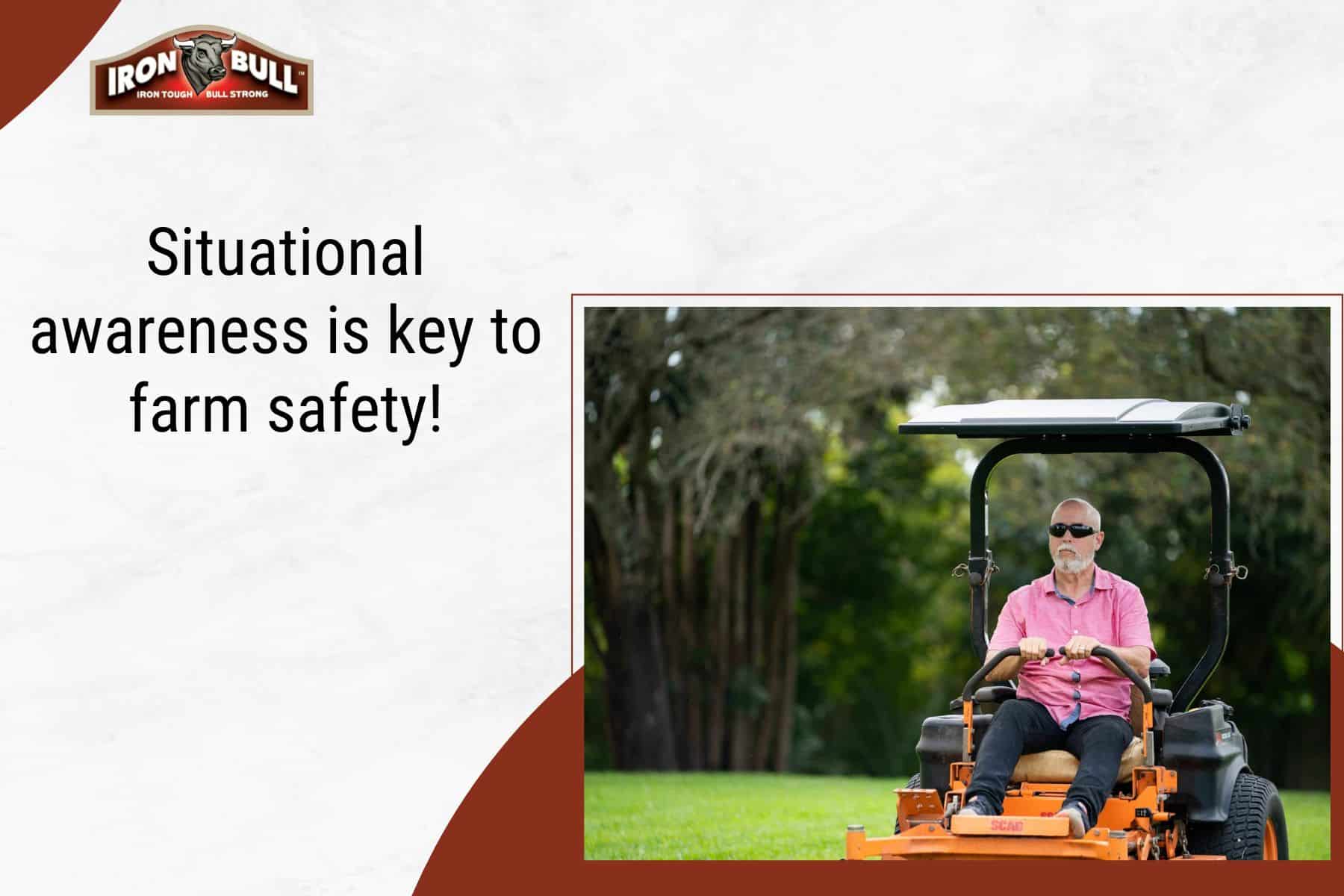
-
Be your own safety officer
There will probably not be a safety officer peering over your shoulder throughout the day. That means you will have to be your own police. Most farms know the importance of safety training and make sure to educate their employees, but it’s up to you to follow through with what you’ve been taught.
-
Understand what the potential hazards are
Farming isn’t like a textbook where you need to understand the theory behind everything, but you need to understand how things work practically. You need to know what to watch out for:
Are there moving parts near you? Are you going to need to walk near them? (If so, it’s a good time to watch your balance and keep careful footing!)
Where are your coworkers? Are they behind the tractor you are driving? In front? Beside you? If they are driving the tractor, do they know where you are?
Are you working near high voltage? If so, what should you avoid touching?
Knowing what to watch for and staying one step ahead of it prevents accidents before they occur.
-
Wear the right clothing
You want to wear clothing that fits well and isn’t overly tight or baggy. Hoodie strings should be shortened or removed, and long hair should always be done up.
Quoted from one farmer, “In general, you just don’t want things hanging off of you that could get caught in moving parts.”
-
For employers, be aware of what your employees know and don’t know
Employers should always give employees adequate training so they can get the job done safely. Be aware of what your employees do and don’t know about their job, and don’t let them do something they don’t know how to do safely.
6 Common Pieces Of Farming Equipment + How To Operate Them Safely
New farm employees need to quickly learn how to use lots of pieces of equipment. The following section covers 6 pieces of equipment most farm employees need to learn right off the bat, plus some tips on using them safely.
Here’s number 1:
1 - ATV/UTV
Almost every farm has an ATV or UTV for getting around quickly and hauling small loads of equipment or materials. If you work on a farm, you’ll likely use this type of vehicle quite a bit.
Here are some tips for staying safe on an ATV or UTV:
- Do not carry an excess number of passengers
- Ride at responsible speeds.
- Wear appropriate clothing such as boots and long pants.
- Distribute loads evenly on the vehicle to make sure things are balanced
- Handle slopes with care to prevent rollovers.
- Cross water slowly.
And as always, use common sense to stay safe on your ATV or UTV!
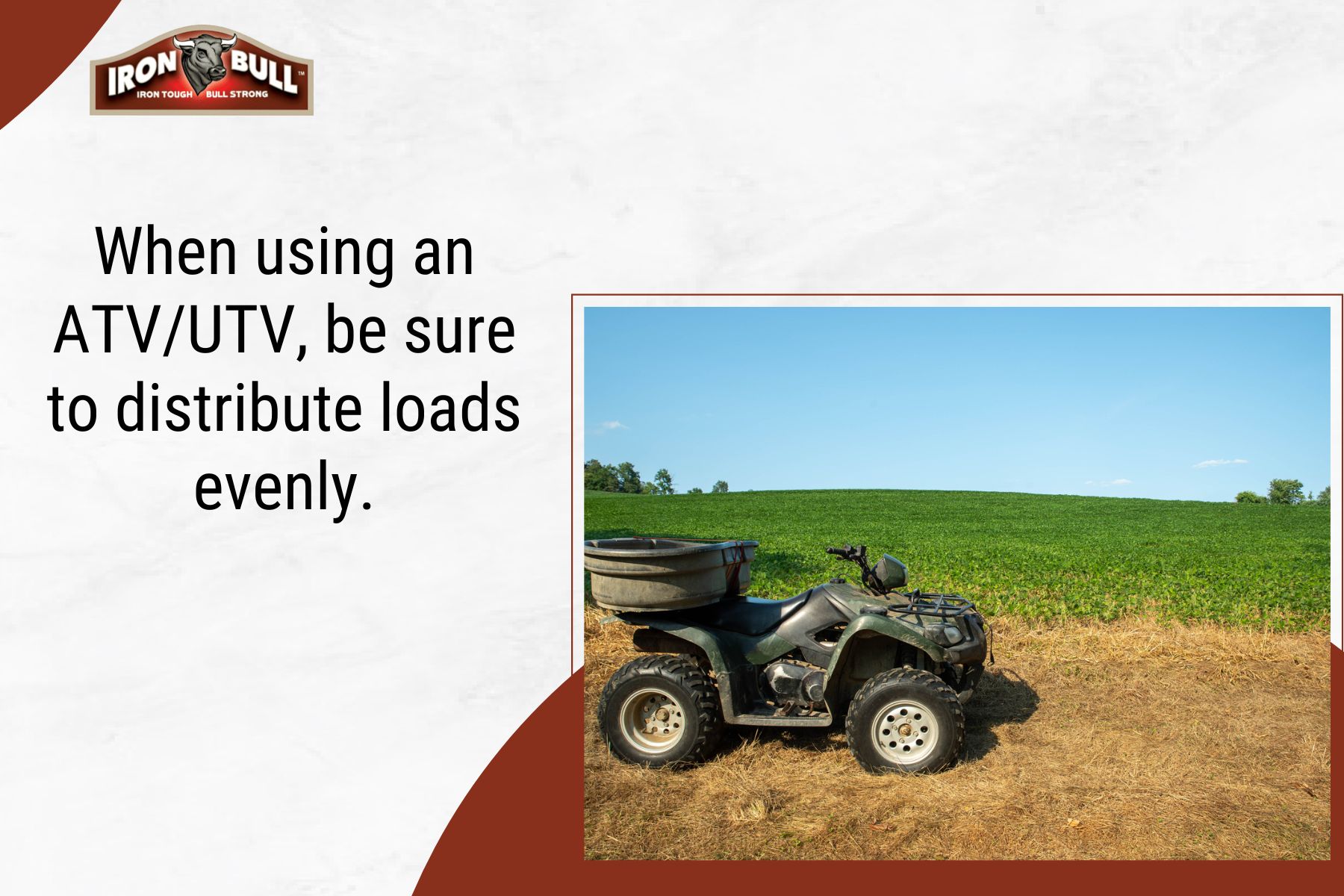
2 - Lawnmower
Farms require a lot of maintenance, and mowing is a big part of that. Mower blades are dangerous, and on top of that, mowers can fling rocks, sticks, or other debris at high velocity. Every farm employee needs to know how to operate a mower safely.
Here are a few tips:
- Wear protective gear such as sturdy shoes, ear protection, and eye protection.
- Check the area you are mowing for obstructions. You don’t want to mow over a piece of metal, wire, or other debris.
- Learn how to drive the mower well.
- Handle slopes with care to prevent rollovers. For steep slopes, use a walk-behind mower and mow across the slope, not up and down.
- Have a lawnower ROPS in place for the event of a rollover.
- Be aware of people in the area, especially children who may not know to keep away from the mower.
- Always, ALWAYS turn the mower completely off before attempting to do anything with the blades.
- Always keep all guards in place.
3 - Skid steer loader
Skid steers are another piece of equipment you’ll likely use if you work on a farm. They can pose threats such as rolling over, running over bystanders or the operator, or pinning people with hydraulic components.
Here’s how you can stay safe on a skid steer:
- Stay out from under the bucket. As a general rule, never walk under or spend any time under something held up by hydraulics when working with a skid steer or anything else.
- Be aware of hot parts that could burn you.
- Keep your hands away from all moving parts.
- Wear hearing protection.
- NEVER allow anyone to ride in the bucket or on the arms.
- Make sure all hydraulics are in good working order–hydraulic fluid is under high pressure and can be dangerous.
- Never place any part of your body outside the cab, where it could get crushed.
Also, there are lots of different attachments to use with a skid, steer, like post drivers, concrete breakers, brush grapples and more. When using any of these attachments you should always learn about its unique hazards and safety features.
This list is only the beginning. Always treat equipment such as skid steers with respect, and remember: if you don’t know, ask!
4 - Forklift
Forklifts can be challenging to operate–their design makes them less stable than a car and harder to steer and stop.
When operating a forklift, here’s what you should think about:
- A seatbelt is always a good idea.
- Always look before backing up, and back up with care. When visibility is limited, use a spotter.
- Avoid sharp turns that could flip the forklift over.
- Drive in reverse if a load blocks your view.
- Keep all body parts inside the forklift when operating it.
- Do not walk or stand under raised forks.
- Remember that the forklift is less stable than a car.
- Make sure the load is balanced.
- Be aware of who and what is around you.
5 - Tractors
Tractors provide the majority of the muscle for most farms. But they can be deadly. If you don’t learn to operate them safely, you are at risk for rollovers, falls, and injuries from moving parts.
Here are some general tips for staying safe on tractors:
- Invest in ROPS! Rollovers or overturns are involved in about half of all fatal tractor accidents and have caused countless debilitating injuries.
- Don’t leave the seat or cab (of a tractor or any other machine) with the PTO running.
- Don’t operate a tractor (or other machine) when you are sleepy or under the influence of drugs or alcohol.
- Be wary of carrying passengers.
- Handle slopes and uneven ground with care.
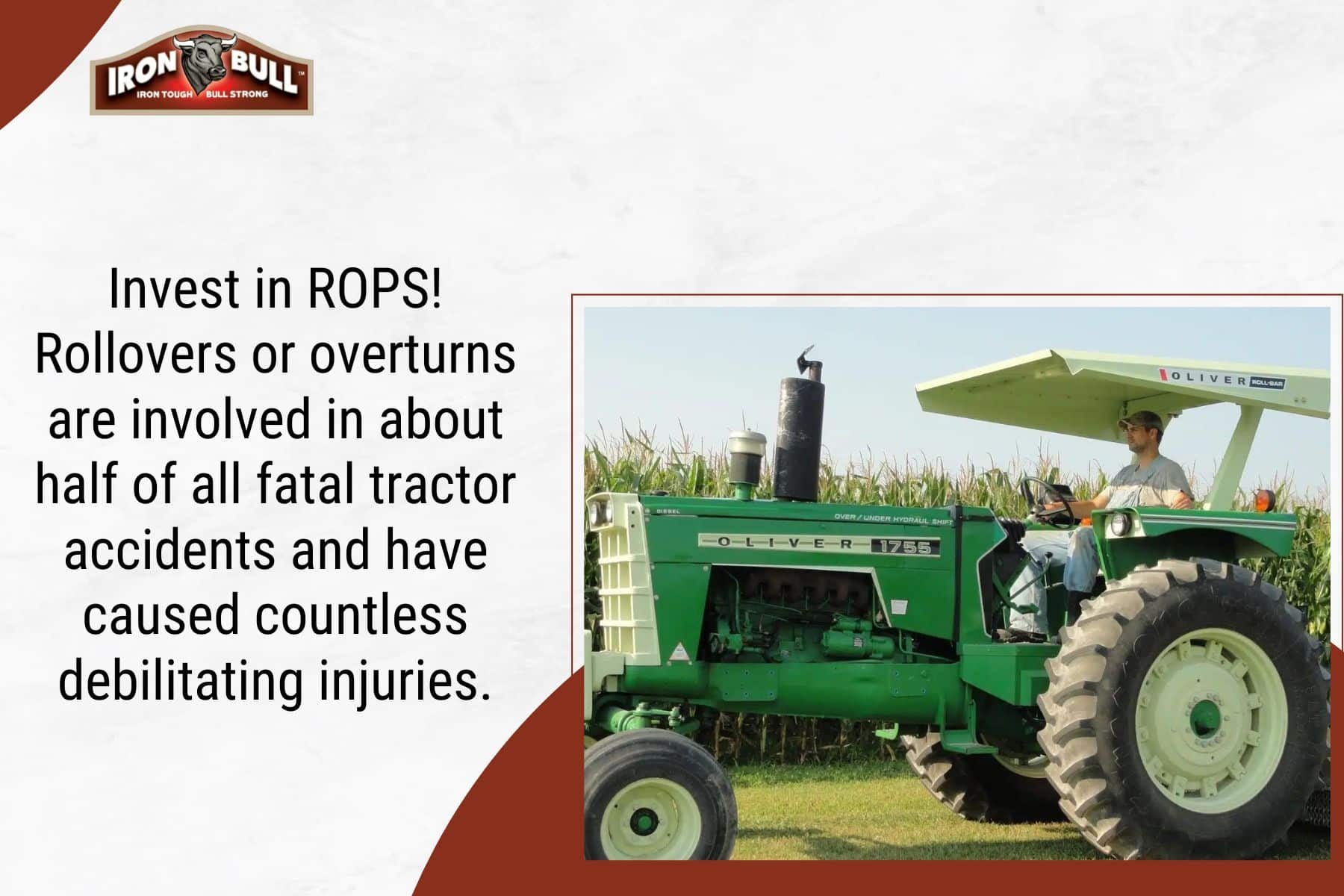
6 - Chainsaw
Chainsaws are immensely handy around a farm, but they are also an immense safety hazard. A tool that can cut through a log in seconds won’t have any trouble cutting right through your leg.
There’s a lot to say about this subject, but here are some of the basics of chainsaw safety:
- Always maintain good footing and be on high alert for tripping hazards. Walk a little slower and take a little more time to get around obstacles.
- Keep your hand wrapped firmly around the handle, including your thumb.
- Wear the right gear. Boots, gloves, eye protection, and ear protection are essential.
- Watch your tip, and always be prepared for kickback.
- Never try to cut something you have to reach for or something that’s above your shoulders.
- Keep track of all your body parts at all times–it’s easy to do something such as place a foot on a log to hold it and accidentally cut yourself.
Conclusion
Farms are dangerous places, and safety should always be a top priority. However, if you use your common sense and follow directions, you should be able to operate farm equipment safely and avoid accidents.
We hope this article helps you stay safe and healthy while working on the farm!
At Iron Bull, we care a lot about keeping people safe on farms. That is why we manufacture ROPS for tractors and ROPS for lawnmowers of all shapes and sizes.
Contact us today for more information! We look forward to hearing from you.
